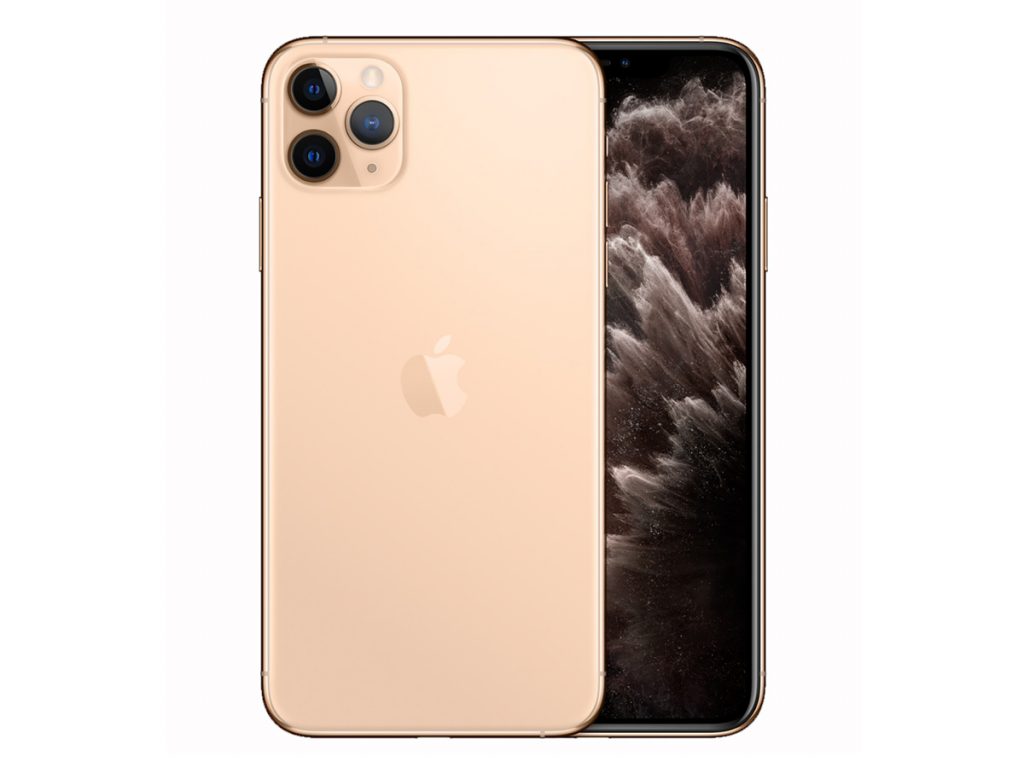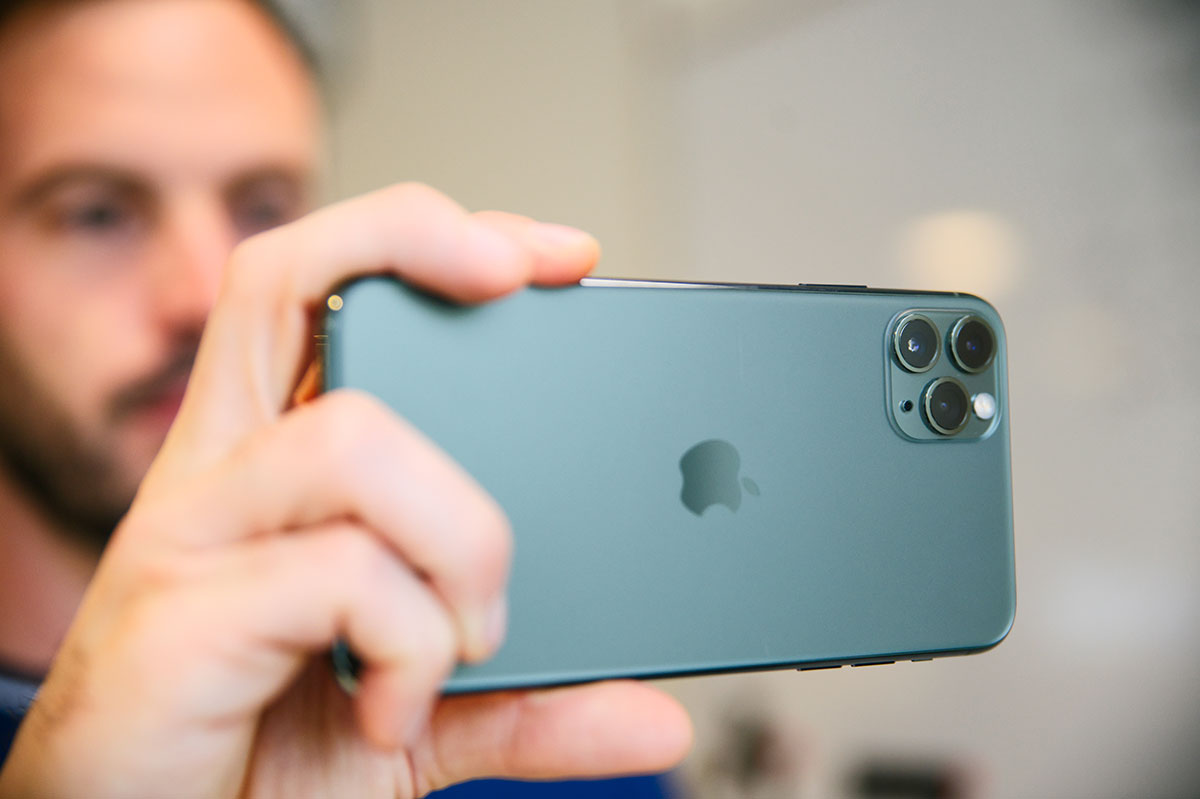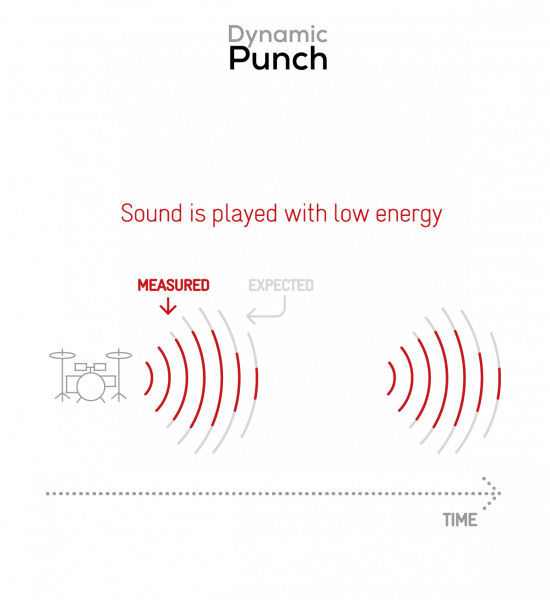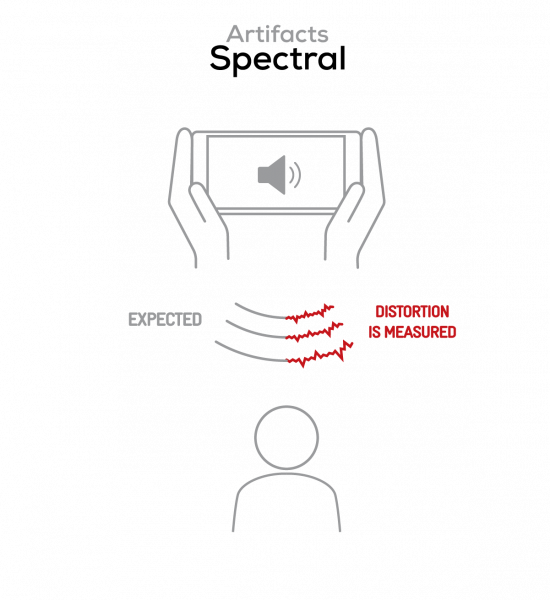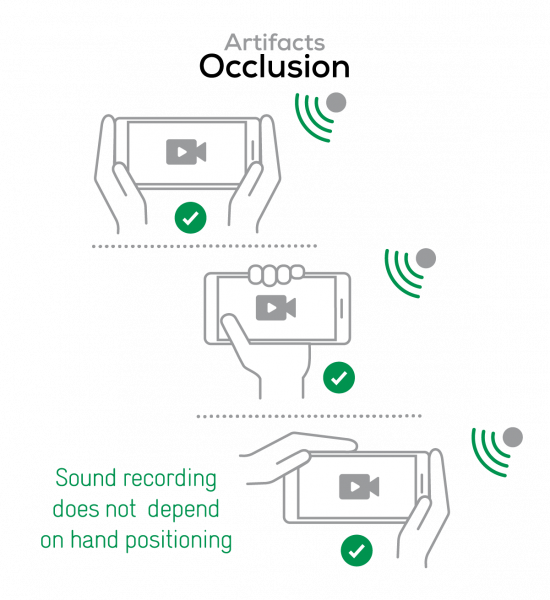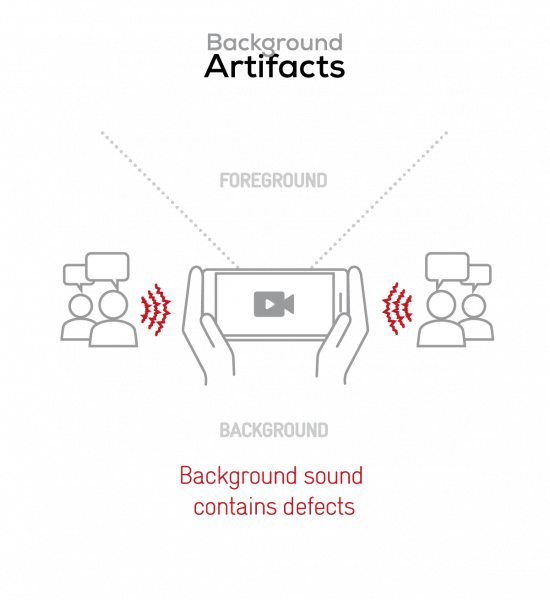Latest news
Weekly news
Your Position: Home > News > Weekly news
Introduced this fall, the Apple iPhone 11 Pro Max is the largest member of the iPhone 11 family, and comes equipped with a three-module main camera like the iPhone 11 Pro. As is appropriate for an Apple flagship phone, the 11 Pro Max packs solid audio specs, with stereo speakers and multiple microphones that include active noise cancellation in some modes.
We put the iPhone 11 Pro Max through our rigorous DXOMARK Audio test suite to measure its performance both at recording sound using its built-in microphones and at playing audio back through its built-in speakers. In this review, we’ll break down how it fared in a variety of tests and several common use cases.
Audio specifications:
- Stereo speakers
- Multiple microphones, including active noise cancellation
- User-configurable volume limit
- Spatial audio playback
About DXOMARK Audio tests: For scoring and analysis in our smartphone audio reviews, DXOMARK engineers perform a variety of objective tests and undertake more than 20 hours of perceptual evaluation under controlled lab conditions. This article highlights the most important results of our testing. Note that we evaluate both Playback and Recording using only the device’s built-in hardware and default apps. (For more details about our Playback protocol, click here; for more details about our Recording protocol, click here.)
Test summary
Like the Apple iPhone XS Max, the 11 Pro Max was one of the top performers in our Audio test, with an Overall score of 71. How
ever, it was still several points behind the older XS Max and the leader among our tested devices, the Huawei Mate 20 X. While the 11 Pro Max did well in all of our uses cases, one area where it really stood out was gaming audio, where it beat out all of our tested Android devices, although still coming in a bit lower than the XS Max.
Sub-scores explained
The DXOMARK Audio overall score of 71 for the Apple iPhone 11 Pro Max is derived from the Playback and Recording scores and their respective sub-scores. In this section, we’ll take a closer look at these audio quality sub-scores and explain what they mean for the user.
Playback

Timbre
77
The 72 Timbre sub-score that the 11 Pro Max achieved is typical of most of its sub-scores—solid, and ahead of most of the devices we tested, on the same level as the XS Max but noticeably behind the Mate 20 X. It features good tonal reproduction across our tested frequency range, although the very high end can be a bit muddled. Tonal response also varied more with volume than ideal. For comparison here are the frequency responses for the two iPhones we have tested and the Samsung Galaxy S10+:

Dynamics
75
Like the XS Max, the 11 Pro Max has very good sound dynamics. However, its Dynamics sub-score of 68 is several points lower than the 72 of the XS Max, due in part to less precision and punch in the way it reproduces bass.

Spatial
75
Overall, the 11 Pro Max put in a solid performance in our Spatial playback tests, with a sub-score of 65. One major glitch we noticed is that the stereo channels are backwards when listening to music with the phone in landscape orientation. Presumably that is something fixable with an update. Stereo rendering was correct when playing back videos. The 11 Pro Max didn’t do as good a job with the spatial rendering of music as the XS Max, though, particularly in our tests using classical music clips.
Sound volume is the one place where the iPhone 11 Pro Max beat out all the other devices we’ve tested, even if only by a point when compared to the XS Max. Like the XS Max, it has excellent consistency and gets high marks for maximum loudness. In addition, Apple has slightly improved its performance at low volume settings.
We carried out objective measurements in our laboratories on recordings of both hip-hop and classical music played at the maximum user volume step.
| Hip-Hop | Classical |
| 76.6 dBA | 72.5 dBA |

Artifacts
88
While the 11 Pro Max’s Artifact sub-score of 80 isn’t too far behind most of the other devices we tested, it was nonetheless in the bottom of the pack. That was due in part to quite a lot of spectral distortion when listening at high volumes. In addition, there was audible pumping—undesirable changes in volume—that can be heard at all volume levels.
Recording

Timbre
81
Tonal reproduction is very good overall when recording with the 11 Pro Max. Its Timbre sub-score of 79 was behind only the Samsung Galaxy S10+ (81) and the XS Max (80). In particular, its concert recordings feature excellent treble and mid-range reproduction—improving on the performance of the XS Max. The Pro Max does lack a little in accuracy when recording very high-frequency sounds during video capture. In selfie videos recorded in outdoor settings, backgroundvoices can sound a bit metallic. Memo recording performance was also very good, on par with that of the XS Max.

Dynamics
68
For the most part, the 11 Pro Max’s recorded audio dynamics are nearly identical to those of the XS Max, and strictly identical when recording memos. We did notice that shouting resulted in some distortion of the sound envelope.

Spatial
68
The 11 Pro Max improves on the XS Max both in the wideness of its sound stage when recording and in the ability to localize sound sources when playing back its own recordings. As a result, its Spatial sub-score is a point higher at 54 than the XS Max at 53. Memo performance is essentially unchanged from the earlier model. Going forward, we’d like to see memo recording switch from mono to stereo.
The 11 Pro Max ties with the XS Max for the best device we’ve tested when it comes to recording Volume, with a sub-score of 76. Recorded volume levels are excellent overall. Here are our test results, measured in LUFS (loudness unit full scale); note that results lower than –24 are unacceptable.
| Meeting | Life Video | Selfie Video | Memo |
| -21.2 LUFS | -19.8 LUFS | -17.7 LUFS | -19 LUFS |

Artifacts
70
With a sub-score of 66, the 11 Pro Max was only mid-pack in our tests for Artifacts during recording. The score was pulled down by very noticeable temporal artifacts when recording loud and/or sharp sounds. For example, when a recording was started at high volume and then the volume was reduced, it also took the 11 Pro Max as long as ten seconds to adjust from its initial reduced volume levels to a more normal volume reproduction setting.
There was also distortion in the bass tones when recording a concert. This said, it handled microphone occlusions well, although sliding fingers while holding the device resulting in some very annoying noise when recording a memo. We test using a wide variety of sample recordings, including this one of trying to record voices in a noisy environment:

Background
58
The 11 Pro Max doesn’t do as good a job at correctly reproducing background sounds as the earlier XS Max, and that is reflected in its sub-score of 53, which is 5 points lower than the XS Max, although aligned with the top Android devices we have tested. In particular, background sounds when recording a video with the front-facing camera come across as muffled.
Conclusion
While the Apple iPhone 11 Pro Max is a very solid performer across all our technical categories and use cases, it doesn’t break any new ground. And while it was ahead of most of the Android models we tested in both Recording and Playback, it is behind both the earlier Apple iPhone XS Max and the Huawei Mate 20 X. Some of the reasons for that, such as reversed stereo channels when playing music, may be addressed in updates, so the actual performance gap between it and the XS Max may decrease over time.
In terms of specific use cases, the 11 Pro Max was strongest when used for gaming, beating out all but the XS Max. For playing back movies and music, it was still among our top tested devices, but behind the Mate 20 X in addition to the XS Max. As far as recording, it was among our top scorers for both meetings and memos, although only mid-pack for videos.
Playback
Pros
- Good performance across the board in all our test categories
- Works well for all use cases, particularly strong in gaming audio
Cons
- Less precise spatial rendering than the XS Max
- More artifacts than the XS Max means a lower-quality listening experience
- Lack of proper stereo rotation when playing music in landscape orientation
Recording
Pros
- Flat frequency response provides excellent tonal response
- Supports high-volume recording
- Spatial performance improves over XS Max when recording videos
Cons
- Lack of high-end extension when recording videos with main camera
- Microphones could use more directivity
- Room for improvement in noise cancelling
- Could use added stereo support for memo and meeting recording
from:The Site


